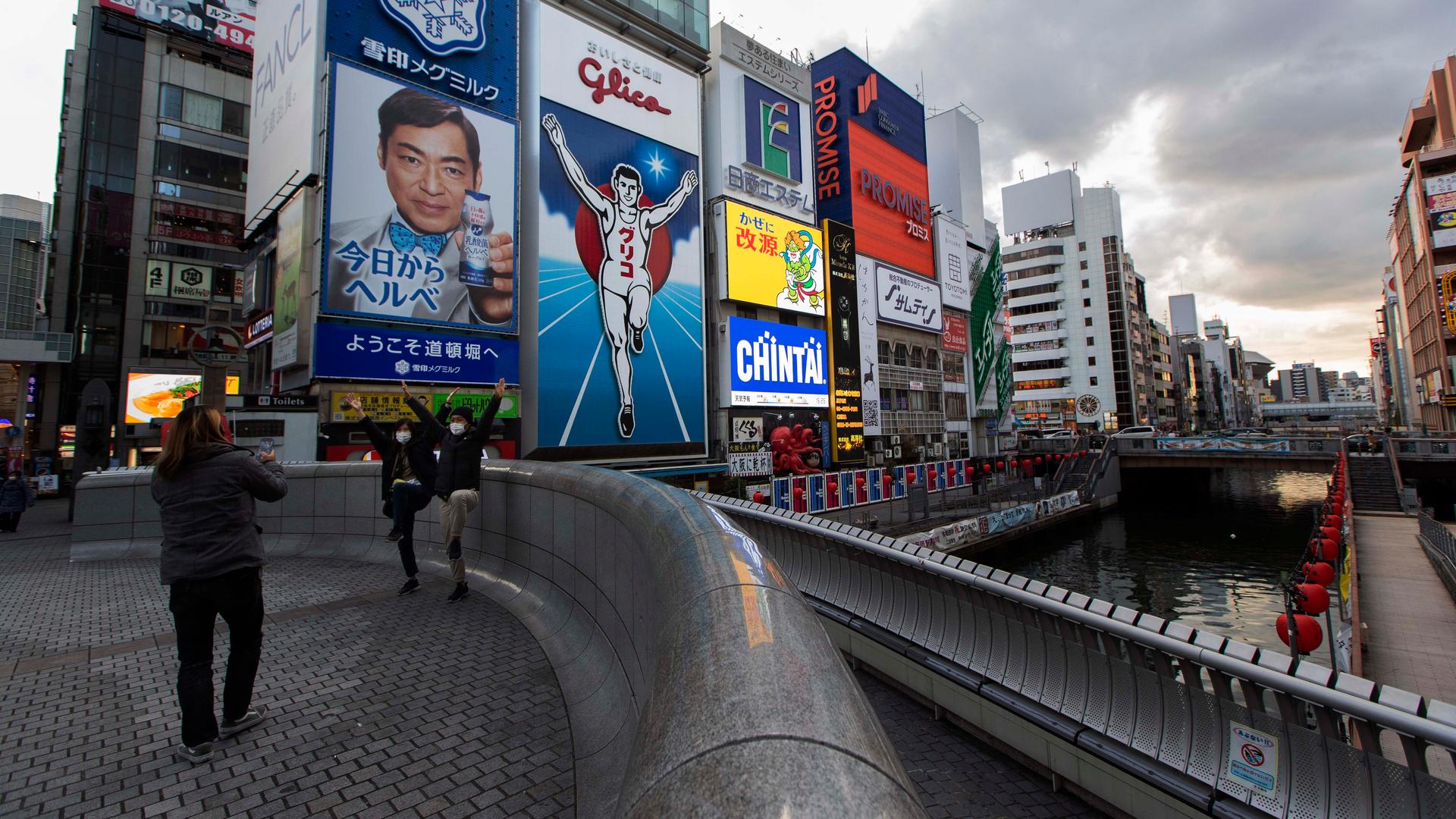English-language translations on signs and advertisements are a common sight throughout Japan. But they aren’t always accurate.
Chikako Tsuruta, a professional translator, is on a mission to fix them.
“There are so many signs around town that we find funny or we find not communicative to foreigners,” said Tsuruta, who is also a professor at Tokyo Woman’s Christian University. “It doesn’t do justice to those who are actually seeking information in English.”
This summer, she helped form the Association for the Betterment of Public English in Japan. The eight members, who mostly met through Columbia University’s alumni association, started talking in June about the importance of getting the right message across to English-speaking foreigners traveling through Japan.
“I think it’s not good for [the] image of Japan if we keep using funny English,” Tsuruta said. “So, we are doing what we can to correct those horrendous mistakes.”
Related: This Japanese university offers a master’s degree in ninja studies
The group has pointed out a few dozen mistranslations so far, many of which have also made the rounds on social media and been featured by local newspapers.
For example, an ad for a hair salon read, “Enjoy the girls!” instead of “Enjoy, girls!” Then there are Osaka’s public train stations, which saw their place names translated into the “Muscle Line” and the “World Teahouse Station.” In May, Japanese carmaker Mazda ran a TV commercial with the slogan “Be a driver,” which was supposed to be an empowering message meaning “lead the way.”
Most recently, a major department store in Japan made a coronavirus-related misstep. An advertising campaign urged people to “stay positive for Christmas.” It was meant as a reminder to look on the bright side, but in the middle of a global pandemic, “positive” has a drastically different meaning; testing positive is the last thing people want to do.
For the most part, Tsuruta said, the mistakes are unintentional. They are largely a result of automated machine translations from products like Google Translate. Companies and organizations use them to save costs. But mistakes can quickly manifest, she said, as it’s easy for software to mistranslate some kanji characters.
When Tsuruta and other members of the Association spot a new sign or ad, they message each other on Facebook and then write an explanatory blog post.
For now, the group is focusing on addressing mistakes from government agencies, Tsuruta said. Private companies, by contrast, sometimes deliberately choose a catchy or funny English translation for marketing reasons.
Tsuruta and her team argue that the proof is in the pudding.
“We need native touch,” Tsuruta said. “Of course, [companies and organizations] need to check with native speakers of English to make sure that we are communicating the message that [they] actually want to send out.”
Our coverage reaches millions each week, but only a small fraction of listeners contribute to sustain our program. We still need 224 more people to donate $100 or $10/monthly to unlock our $67,000 match. Will you help us get there today?
